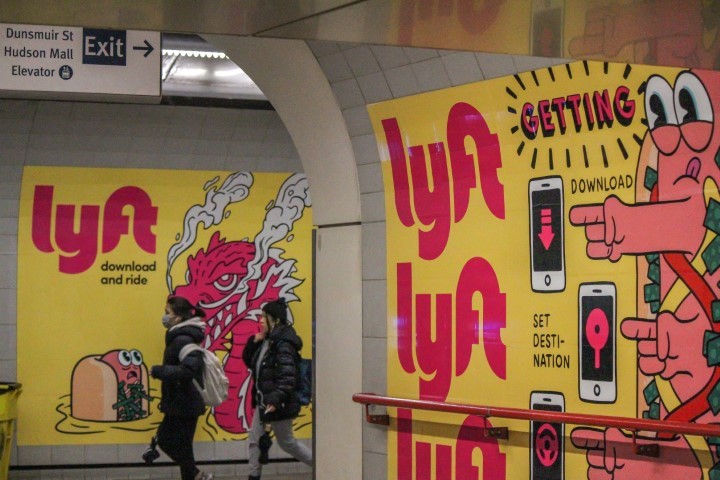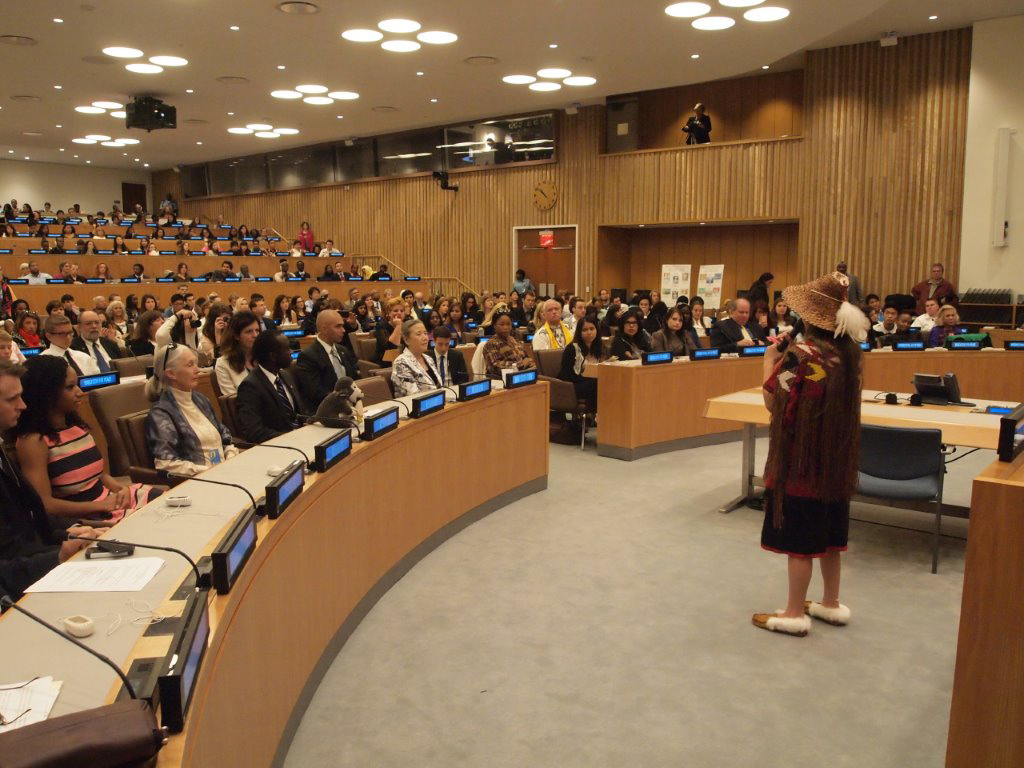
Different rules in different places, and a lawsuit
By Atiba Nelson, Staff Reporter
After months of stalling, Uber and Lyft were given the green light to operate within the Lower Mainland and Whistler by the British Columbia Passenger Transportation Board.
The decision to open the roads to the two largest ride-hailing companies means that cars can operate in Metro Vancouver, but business licenses must be secured by the companies in each municipality operators hope to service. Additionally, the ruling prohibits municipalities from withholding business licenses to the ride-hailing entities.
Hours after the transportation board’s decision, Vancouver started offering licenses to drivers.
“We’re ready for ride-hailing! Staff have been working hard behind the scenes to make sure that once provincial regulators approved applicants like [Lyft] & [Uber], our staff can turn around business licenses in three days or less,” said Vancouver Mayor Kennedy Stewart in a statement on his official Twitter account.
Other municipalities were not as speedy.
In a move that heralds the start of ride-hailing service for Douglas’ Coquitlam campus students, the Tri-Cities (Coquitlam, Port Coquitlam, and Port Moody) decided on a regional licensing structure to allow Uber and Lyft room to drive in the three cities with one business license.
“It’s what our residents would expect—local governments cooperating with a uniform set of regulations and not an obstacle to the viability of the service,” said Brad West, Mayor of Port Coquitlam.
Prospective rail-hailing companies would be charged one annual fee, with the three cities splitting the fee as follows: Coquitlam would get 40 percent, while Port Coquitlam and Port Moody would receive 30 percent each. Annual licenses fees for companies would be scaled, as companies with 1 to 25 vehicles are charged $1,000, $2,500 for a company with 25 to 100 vehicles, and $5,000 for a company with more than 100 vehicles on Tri-City streets.
Currently, only West Vancouver, North Vancouver, Surrey, and New Westminster do not have a licensing plan in place. However, Douglas College students who use Uber should not be affected as the company’s coverage area engulfs the New Westminster and Coquitlam campuses. Douglas College Lyft users are not as lucky, as the company’s initial roll-out only includes a small area of Vancouver.
As some municipalities embrace ride-hailing as competition to taxi services in their city, others have found ways to obstruct ride-hailing operations within their borders. Surrey has issued by-law tickets to Uber operators, despite being told to cooperate with the new services.
Worsening the road conditions for ride-hailing companies is the fact that taxi companies have banned together to sue Uber and Lyft, claiming that the two companies have been given an unfair advantage by being able to operate across cities.


